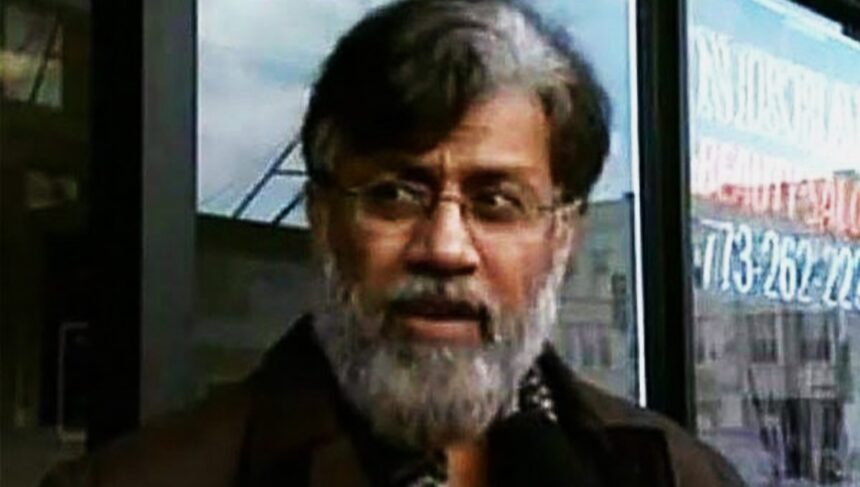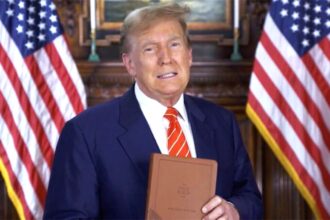In its August 15 order, the court stated, “Tahawwur Rana extradition is permitted by the (India-US Extradition) Treaty.”
Court Decision Permits Extradition under US-India Treaty
The Ninth Circuit Court of Appeals rendered a key decision on August 15, 2024, regarding Tahawwur Rana, the person suspected of being the mastermind behind the 26/11 Mumbai attacks. The US-India extradition treaty permits Rana’s extradition to India, the judge said. For Rana, who is sought by India for his role in the 2008 Mumbai terrorist attacks, this decision is a significant blow.
Extradition Treaty Details and Court’s Reasoning
The US-India extradition treaty permits Rana’s extradition, as the appeal court upheld. The court underlined that this ruling is supported by the articles of the treaty, particularly those pertaining to the “non bis in idem” (double jeopardy) exemption. If the person had previously been found not guilty or not at all of the same offense in the state where extradition is requested, the “non bis in idem” provision prohibits extradition. The court did construe this phrase to apply only to the particular offenses that are being accused, not to the underlying activities.
The judge determined that there was a sufficient difference between the accusations in India and the ones Rana was facing in the US. As a result, the treaty allows for his extradition. The justices, Milan D. Smith, Bridget S. Bade, and Sydney A. Fitzwater, dismissed Rana’s claim that the US-India treaty shields him from extradition because of the double jeopardy concept. They also affirmed that India had presented sufficient proof to back up the assertion that Rana was the perpetrator of the alleged offenses.
Tahawwur Rana’s Arguments and Legal Options
Rana contended that the double jeopardy principle should prevent his extradition, stating that the allegations against him in India are almost the same as the ones for which he was found not guilty in the US. He further said that there was insufficient proof from India to support the accusations made against him. However, the court determined that the Indian allegations do not violate the double jeopardy clause since they entail distinct aspects from those in the US case.
Judge Smith stated that the government’s interpretation of the treaty is supported by the treaty’s clear language, its post-ratification understanding, and strong case law. Rana objected, citing the Haqqani case as support, but the court decided not to overrule the government’s interpretation of the treaty.
Next Steps for Rana
Rana still has the right to challenge this ruling. This decision closes one of his main legal doors to avoiding extradition to India, but it does not close all of others.
26/11 Mumbai Terror Attack Mastermind, accused Tahawwur Rana "extraditable to India," rules US Court. #TahawwurRana #US #India #MumbaiTerrorAttack #extradition pic.twitter.com/xp1B6446cL
— (((Bharat)))®🕉🚩🔱 🇮🇳 🇮🇱 (@Topi1465795) August 17, 2024Read More: Saudi Crown Prince Mohammed bin Salman’s assassination fears overshadow Israel normalization talks






